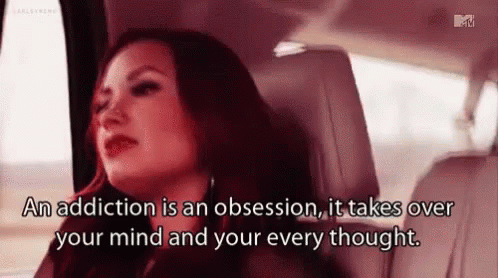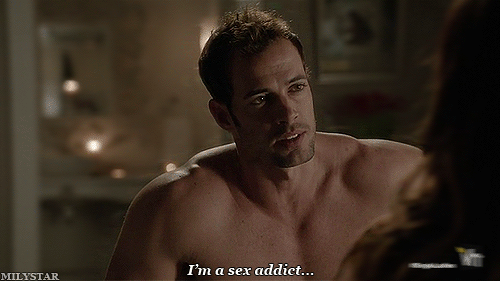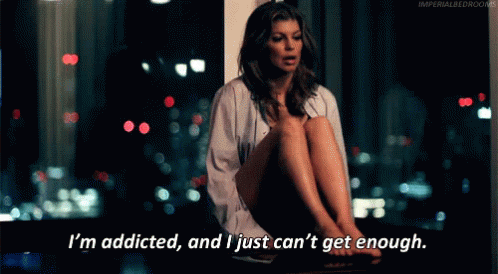There has been much debate in the sex industry and the surrounding community on the subject of sex addiction. Some felt that there was no such thing, as how could you possible become addicted to sex in a similar way that you might to drugs or alcohol?

However, last month changed that. The World Health Organization chose to recognise compulsive sexual behaviour as a mental disorder, stating that there is a genuine clinical population out there who have a very real health condition which needs to be addressed. So what does this mean, and what do you need to know about the disorder?
WHO and compulsive sexual behaviour
Prior to WHO changing the classification of this condition, anyone with a sexual addiction were simply described as having an ‘excessive sexual drive’. In other words, you were just a lot hornier than other people were and it wasn’t a real problem.
Given how many people struggle with this, it is a huge step forwards. Typically, someone dealing with an intense desire for sex which is ruining the rest of their life isn’t taken seriously. They are told that things will get better in time and sent on their way.
Now, WHO has taken a stance on the subject. On their website, they state that “conditions such as ‘excessive sexual drive’ has been reclassified as ‘compulsive sexual behaviour disorder'”. They also highlight the lack of help for people struggling, stating that “up to 9 out of 10 people needing mental health care don’t receive it”.

What is compulsive sexual behaviour
As of yet, WHO are still reluctant to give sex addiction the label of ‘addiction’, as they feel that there needs to be more research on the subject before it can be classed as such. However, they have marked it as a disorder, which is definitely a step in the right direction. But what is it?
Compulsive sexual behaviour disorder, which is what sex addiction is currently being classed as, has been defined by WHO in the following way according to the International Business Times:
“WHO has said CSBD was “characterised by persistent failure to control intense, repetitive impulses or urges… that cause marked distress or impairment”.
Although many believe that a sexual addiction is very much a real addiction, WHO aren’t quite ready to tick that box. They feel that there needs to be further study into it to ensure that it is classified in the right way. However, many people are likely to still refer to ‘compulsive sexual behaviour disorder’ as a sex addiction, even without the classification.

The symptoms of a sexual addiction
It can be difficult to recognise is you have an addiction of any kind, simply because we are under the impression that we can stop at any point and we just choose not to. However, if you find that your desire for something is interfering in your life, it can point to an addiction.
There are so many potential symptoms that you might be misdiagnosed as suffering with something else. Anxiety and depression are some of the more common symptoms you might encounter. You might also find that you are more reckless with your sexual health, and that your relationships and work life is suffering because of your actions.
Your spending might be out of control, depending on the type of sex addiction. Some suffering with it might find that their behaviour starts to escalate. Things that used to thrill you just don’t any more and so you seek bigger and better things to satisfy your desires.

“I think I have a sex addiction”
If you believe that you have a sex addiction, it is important to take steps to tackle it. An addiction isn’t really something you can ever be ‘cured’ of, but you can develop strategies to help you deal with it better and to give you the chance to resist the urges associated with it.
The first thing you should do is speak to your doctor. Yes, it can be embarrassing. However, they are there to help, and you can bet that they have heard plenty throughout their careers. They can figure out the best treatment for you, ensuring that it is tailored to your needs.
If you really feel uncomfortable talking to a doctor about it, consider speaking to somebody. Whether it is your partner or a trusted friend, you need to tell someone what is going on. They can offer you support and maybe even advice going forward. Looking to speak to others who know what is going on? You should check out the comments below. You might just find someone else struggling with this addiction.
- From In-Person to Virtual: How Technology is Evolving Services - May 20, 2025
- How to Write a Helpful Escort Review as a Punter - March 25, 2025
- Trends to Watch in the Adult Industry for 2025 - February 25, 2025
Please log in here to leave a comment.